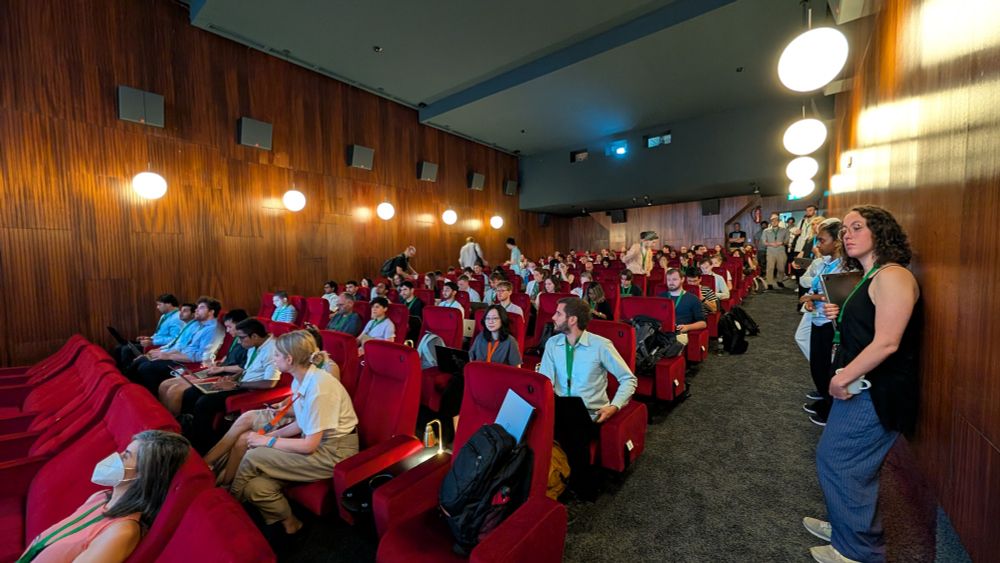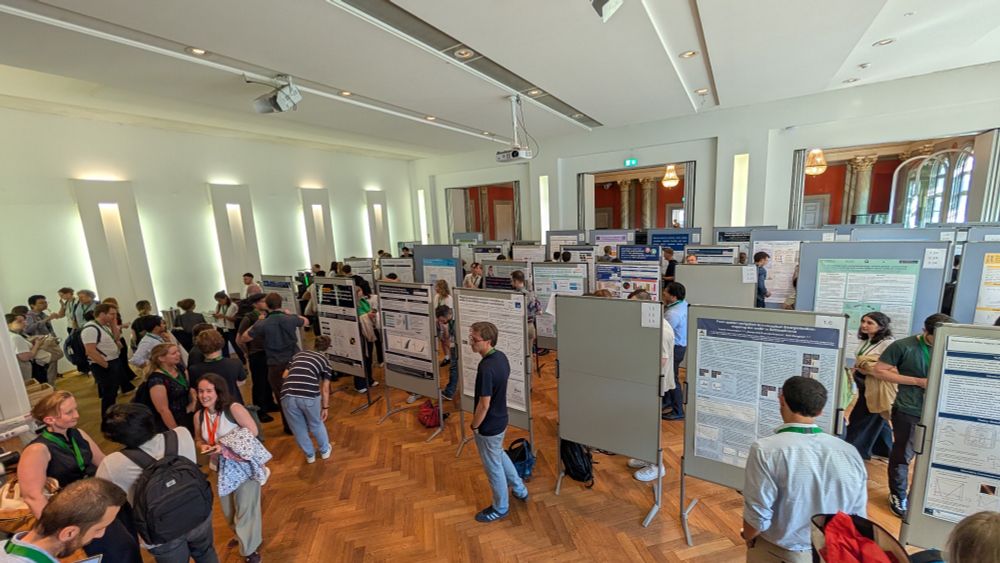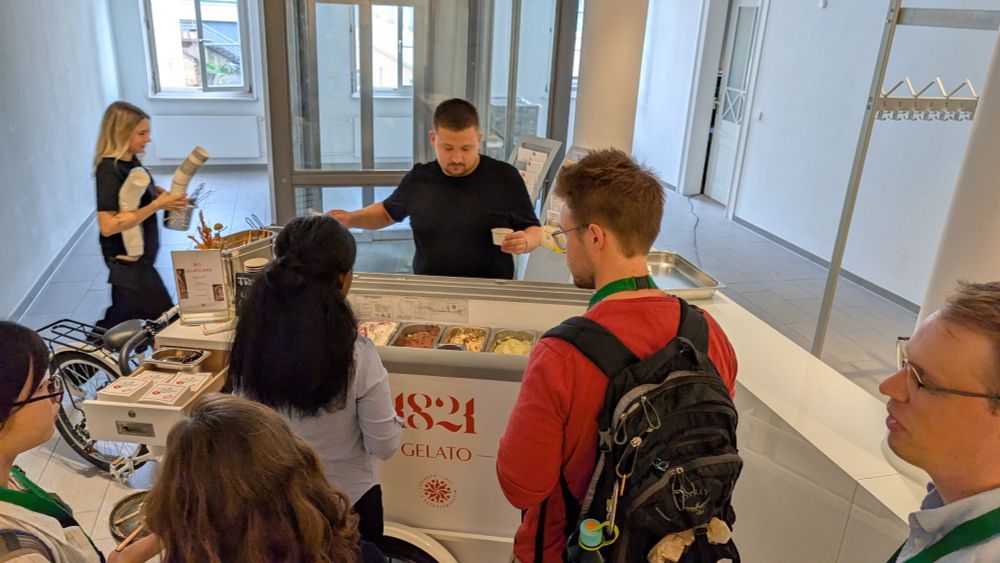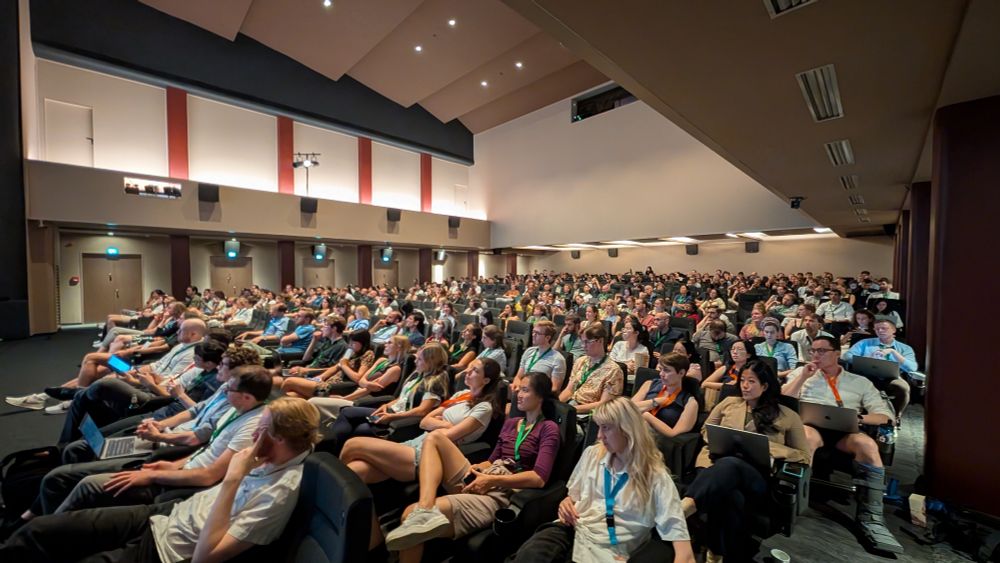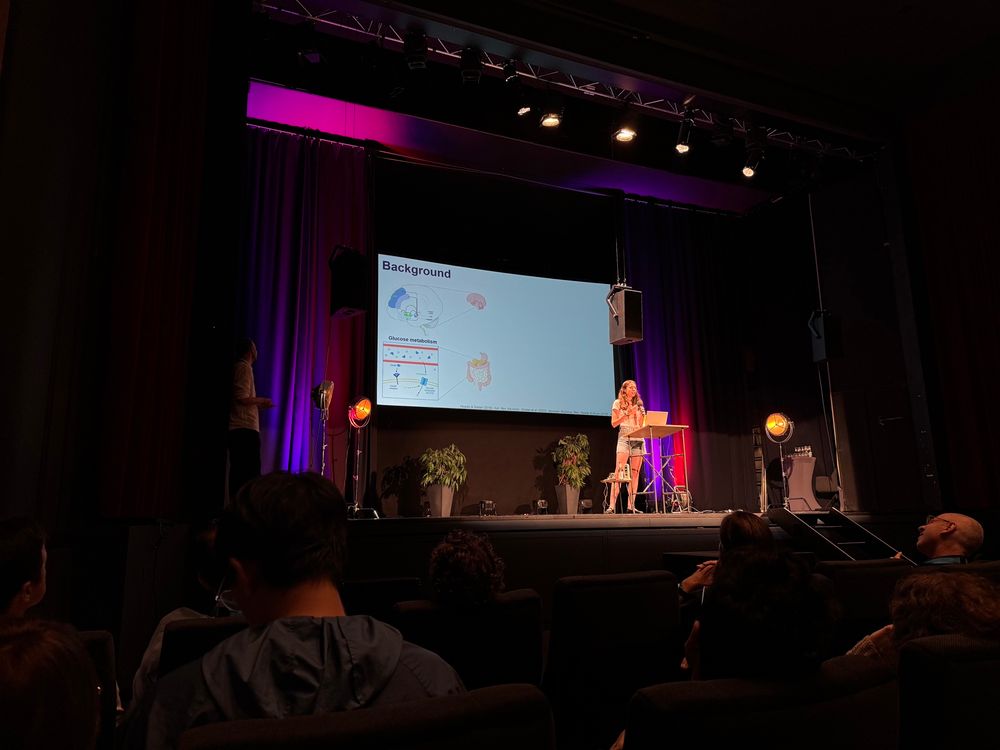Lukas Gunschera
@lukasgunschera.com
770 followers
410 following
35 posts
PhD Student at the MRC Cognition and Brain Sciences Unit, University of Cambridge | Research on cognition, mental health, and digital media.
lukasgunschera.com
Posts
Media
Videos
Starter Packs
Reposted by Lukas Gunschera
Reposted by Lukas Gunschera
samuel mehr
@mehr.nz
· 28d
Reposted by Lukas Gunschera
Reposted by Lukas Gunschera
Reposted by Lukas Gunschera
Reposted by Lukas Gunschera
Reposted by Lukas Gunschera
Reposted by Lukas Gunschera
Sam Gershman
@gershbrain.bsky.social
· Aug 4
Handbook of Behavioral Neuroscience | Volume 32: The Handbook of Dopamine | ScienceDirect.com by Elsevier
Read the latest chapters of Handbook of Behavioral Neuroscience at ScienceDirect.com, Elsevier’s leading platform of peer-reviewed scholarly literature
www.sciencedirect.com
Lukas Gunschera
@lukasgunschera.com
· Aug 1
Reposted by Lukas Gunschera
Lukas Gunschera
@lukasgunschera.com
· Jul 16
Reposted by Lukas Gunschera
Lukas Gunschera
@lukasgunschera.com
· Jul 15


















